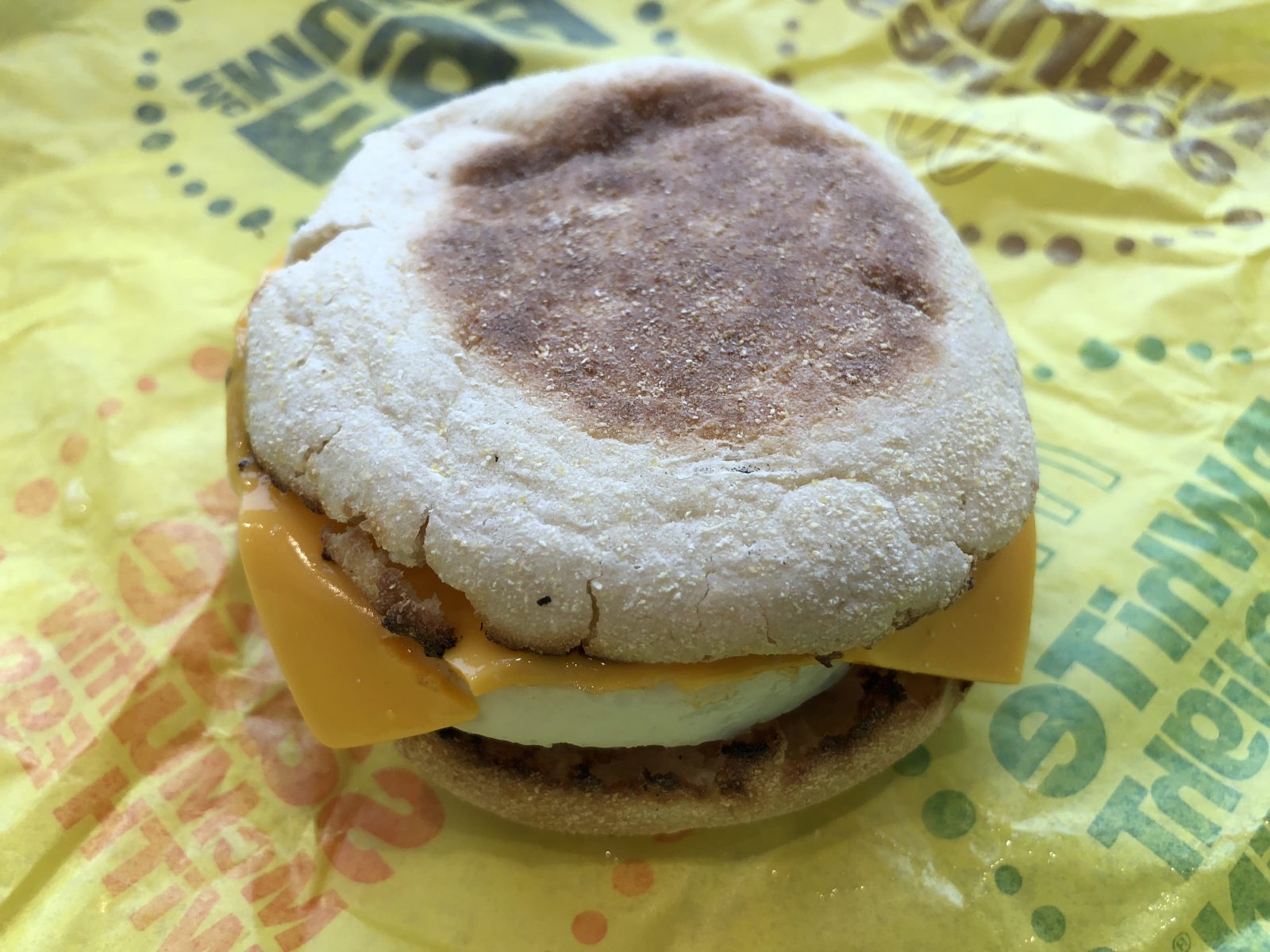
Air travel has become a rather rigorous and annoying prospect of late, thanks to a host of invasive and time-consuming rules that have evolved in the wake of the terror attacks of September 11th, 2001.
We must remove our shoes to have them x-rayed. All of our liquids must be in volumes of 3 ounces or less, unless we want to fork over some extra cash to the already greedy airlines to check a bag. The TSA can simply decide that they want to pull you out of line and grope you with no recourse.
And if this weren’t enough, there are all sorts of strange local issue that one needs to be aware of while traveling, including some hefty fines in Australia if you’re caught with McDonald’s breakfast sandwiches.
An Australian airport fined a traveler 2,664 Australian dollars, or $1,874, after authorities found McDonald’s breakfast sandwiches in their luggage, CNN reported on Monday, citing a press release from Australia’s minister for agriculture, fisheries, and forestry.
Australian authorities did not respond to a request for comment from Insider made outside of local working hours ahead of publication.
The press release — also cited in local news reports — said a biosecurity-detector dog at Darwin International Airport last week identified two egg-and-sausage McMuffins and a ham croissant in the luggage of a passenger on a trip from Bali. The agriculture minister, Murray Watt, said the food was confiscated, inspected, and destroyed.
So, why are authorities so concerned about these particular food items?
In late July, Australian authorities tightened security measures to address an outbreak of foot-and-mouth disease in Bali.
Australian authorities have said the virus can be carried on people’s clothing and in foods. The disease does not affect people but would pose a risk to livestock including cattle, sheep, goats, and pigs.
CNN’s report mentioned that experts have estimated that an outbreak in Australia could cost its economy $80 billion. On July 22, the nation instituted a penalty for travelers who fail to declare dairy and meat products.
Australia has been forced to invest nearly $10 million in new biosecurity measures in order to prevent the outbreak from spreading to their shores.








